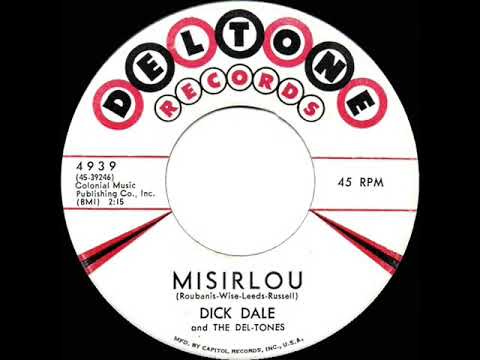[The Turkes] hold also this, as a confident article of their Beliefe, there are seven Paradises in heaven, the pavements whereof are laid with gold, silver, pearles, pretious stones, and garnished with stately buildings, and pleasant gardens, wherein are all sorts of fruit, and Princely Pallaces; through the which runne Rivers of milke, honey, and wine. - The Totall Discourse of The Rare Adventures & Painefull Peregrinations of long Nineteene Yeares Travayles from Scotland to the most famous Kingdomes in Europe, Asia and Affrica By WILLIAM LITHGOW (1632)
Your two lips drip honey - Unknown horny subject of the Ottoman Empire
For a few centuries, the Ottoman Empire was the center of the world. Eventually centered in Byzantium Constantinople Istanbul, it straddled Europe, Asia, and Africa. A multi-ethnic, multi-confessional imperium with 24 million in habitants prior to its collapse at the end of World War I. That collapse led to wars and to acts of ethnic cleansing and genocide that still reverberate today. Not an empire under the Ottomans but a Turkey for the Turks.
A Greek musician called Tetos Demetriades fled a now-hostile Istanbul for the New World in 1921. Not a man afraid of hard work, Demetriades recorded over 250 songs. No one knows how many songs he recorded because he used more pseudonyms than an internet serial scammer. Demetriades was subsequently appointed executive producer for the foreign language division at the Victor Talking Machine Company, now part of Sony, then the world’s largest manufacturer of commercial music.
One of these 250 songs was “Misirlou”, recorded in 1927. The name of the song is unimpeachably Ottoman, redolent of a world lost before the song itself was committed to vinyl. “Misir” is from the Arabic for “Egypt”. The “-l-“ bit comes from the Turkish for “comes from”. And “ou” is the Greek feminine ending. So the object of the song is an Egyptian woman that the singer has the hots for. The writer of the song is unknown (although his state of mind is pretty clear). It was played all over Eastern Europe and Western Asia by Greek, Arabic, and Jewish musicians.
Demetriades version is in the Greek folk Rebetiko style. It is slow and stately, swinging its hips for an eager audience. A belly dance at the navel of the world.
Misirlou had been reborn across the Atlantic in America.
In 1941, Nicholas Roubanis, a Greek-American best known for his Orthodox liturgical music, released a jazz instrumental version. Cheekily, he credited himself as the composer - which he clearly was not. Shortly afterwards, Harry James recorded a Jazz foxtrot version which charted while verging on the soporific. Six years later, keyboard prodigy Jan Augusts plinkyplonked another version to 7 on the Billboard. Misirlou was now a jazz standard. An exotic, honey-stained page in the American songbook.
Then came Dick Dale.
Richard Anthony Monsour was an American with Lebanese heritage. A transplant from New England to Los Angeles and thus a born-again surfer. And a really, really heavy guitarist.
When I met Leo Fender and he created the Stratocaster guitar, he wanted me to pioneer it, proof it, and help take all the bugs out of it. Everything that came out of Leo Fender's head, I was his test pilot. He used to say, "When it can withstand the barrage of punishment from Dick Dale, then it is fit for the human consumption."So I blew up over 50 amplifiers. And that's why they call me the Father of Heavy Metal. Because I use 60-gauge strings and I make people's ears bleed. - Dick Dale
Dale’s playing was influenced as much by Arabic tarabaki and oud played by his uncles as by the percussive force of Gene Krupa. Dale’s version is neither slow nor stately. It’s not particularly sexy either. It is intense but the object of Dale’s passion is inhuman. A man confronting tidal, oceanic forces as powerful as that of love. That’s what surf music at its least accessible is: a bracing encounter with a supremely indifferent Nature.
Misirlou (Miserlou?) is at once Old World and New World. It is a reminder why immigrants matter and why cultural appropriation is not a thing. And. It. Rocks.


